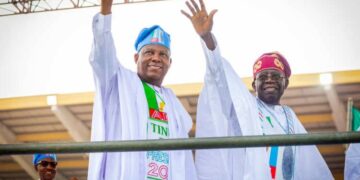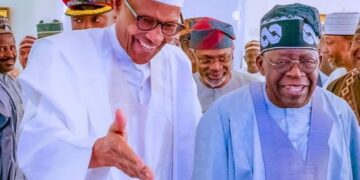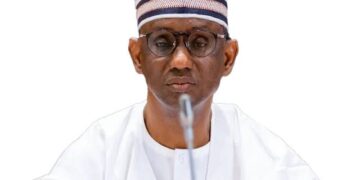The World Bank has confirmed a fresh $1 billion loan request from the Federal Government of Nigeria, aimed at consolidating ongoing economic reforms and supporting a transition from short-term stabilisation to inclusive growth.
According to a project document published by the bank on October 27, the new facility, titled “Nigeria Actions for Investment and Jobs Acceleration (P512892),” is tentatively slated for Board approval on December 16, 2025.
The package comprises a $500 million International Development Association (IDA) credit and a $500 million International Bank for Reconstruction and Development (IBRD) loan. It falls under the bank’s Macroeconomics, Trade and Investment practice for the Western and Central Africa region.
The World Bank said the funding will “strengthen ongoing economic reforms, promote job creation, and accelerate private investment.” It will be implemented through the Federal Ministry of Finance.
“The proposed Development Policy Financing supports Nigeria’s pivot from stabilisation to inclusive growth and job creation,” the document stated.
“Structured as a two-tranche standalone operation of US$1.0 billion, it seeks to catalyse private sector–led investment by expanding access to credit, deepening capital markets and digital services, easing inflationary pressures, and promoting export diversification.”
The loan forms part of the bank’s broader support to consolidate post-reform stability and drive inclusive growth across key sectors of the economy.
Since 2023, the Tinubu administration has implemented several reform measures, including removal of petrol subsidy, exchange rate unification, and an end to Central Bank deficit financing—all under the Renewed Hope Agenda.
The government says the policies have stabilised the economy, reduced the fiscal deficit, and restored investor confidence.
However, the World Bank noted that while macroeconomic stability has improved, Nigeria has yet to achieve broad-based growth, with over 130 million Nigerians still living in poverty.
“Nigeria’s economy has yet to shift decisively into a higher and inclusive growth path,” the report warned, emphasising the need for urgent investment to boost productivity, diversify exports, and create jobs.




































